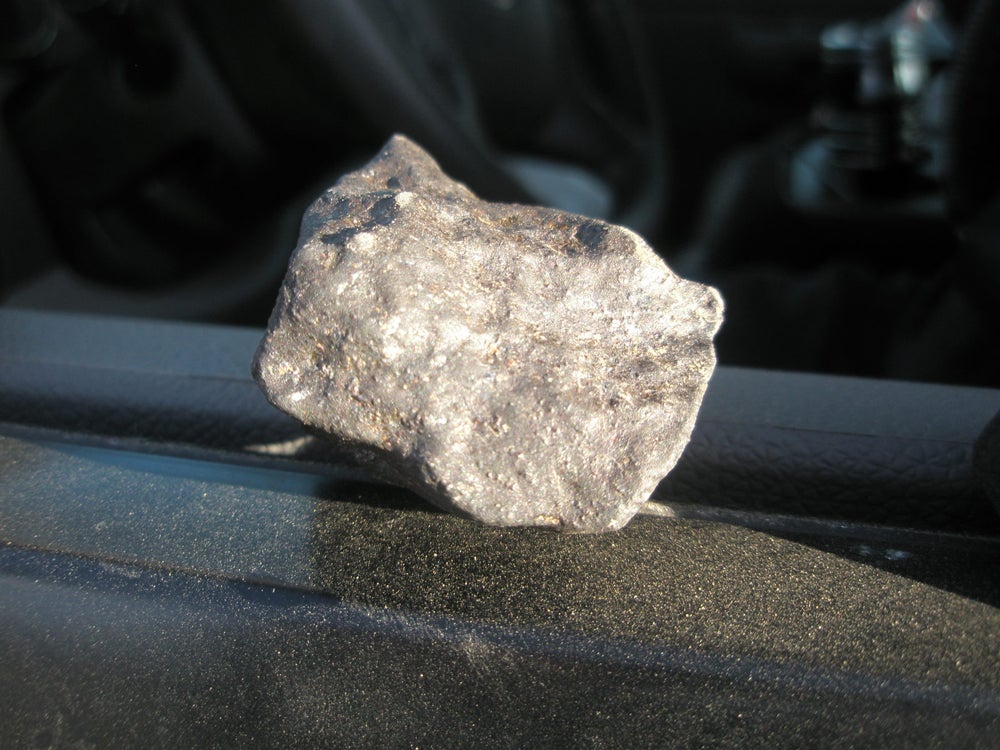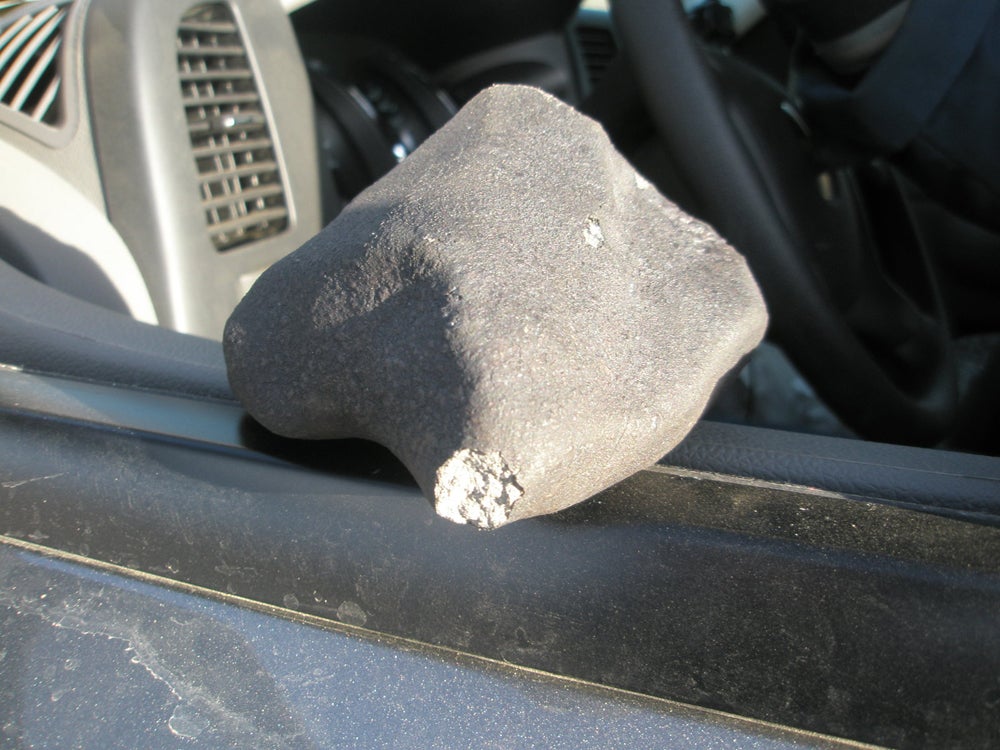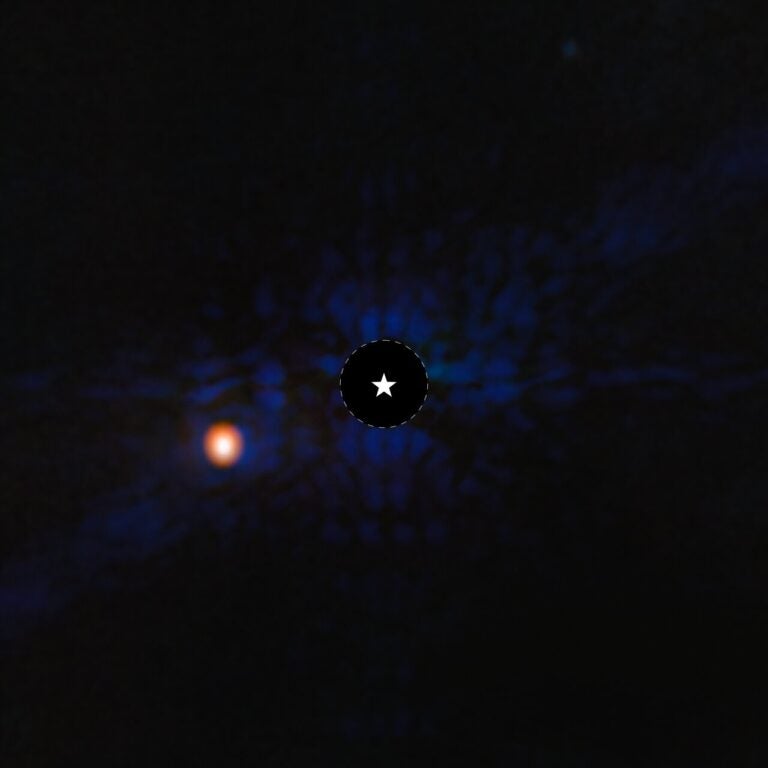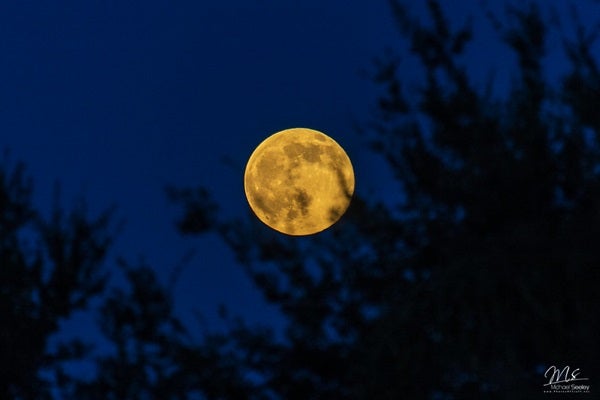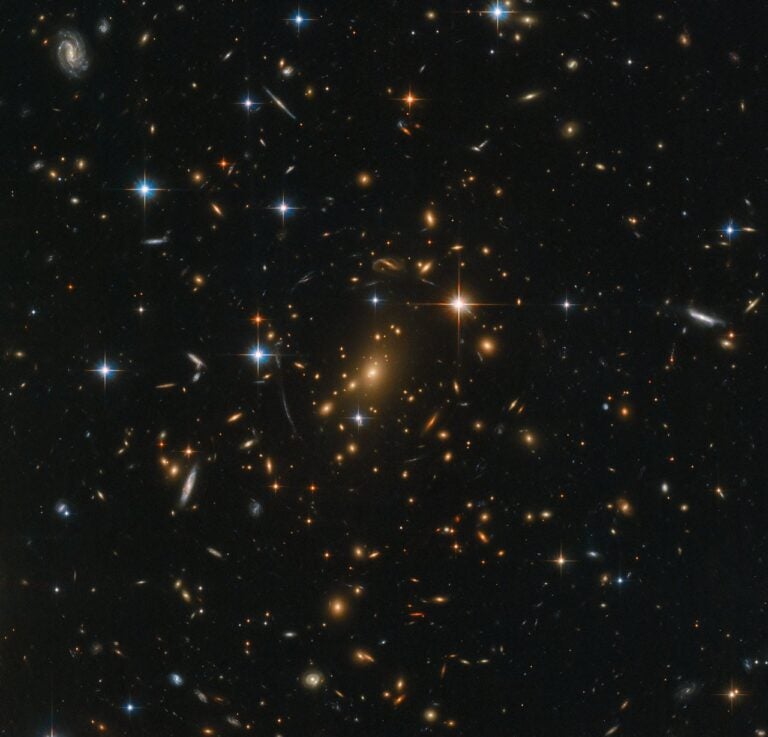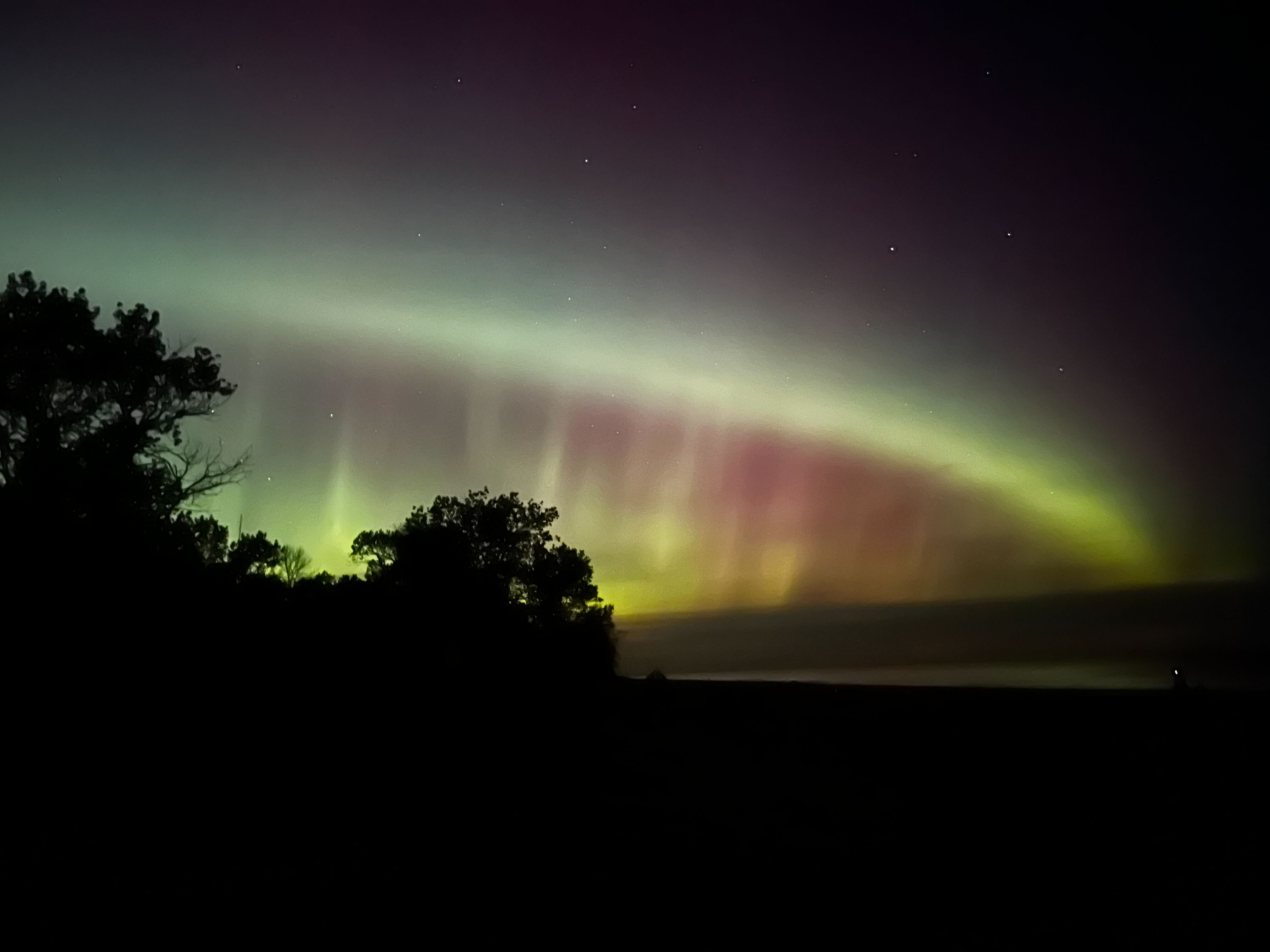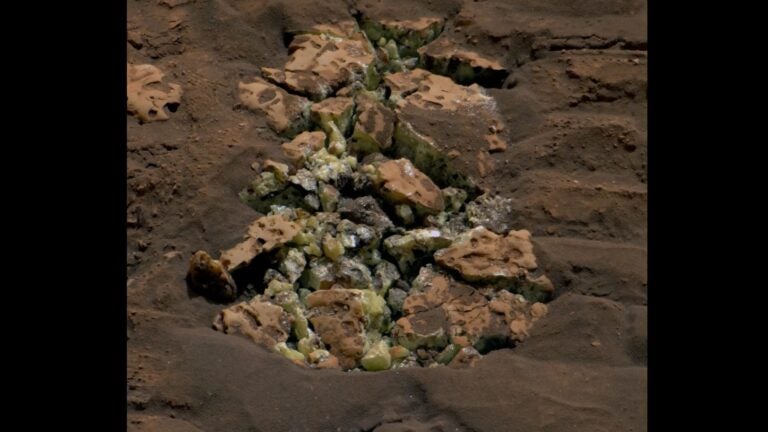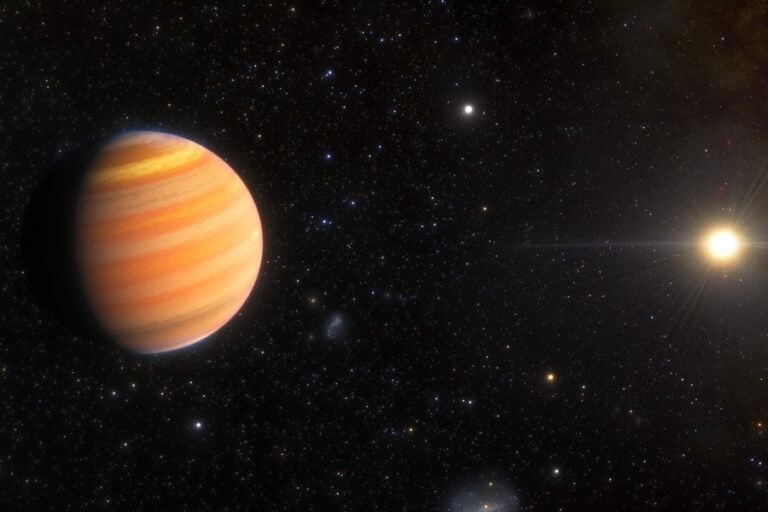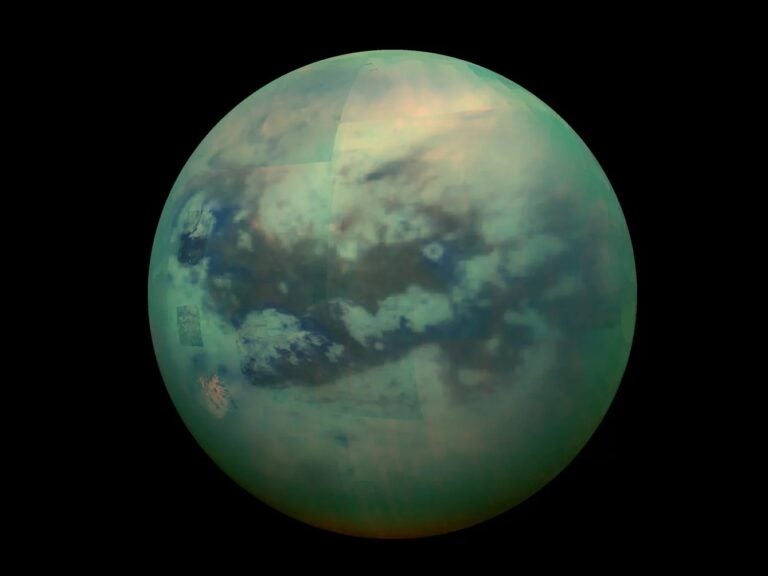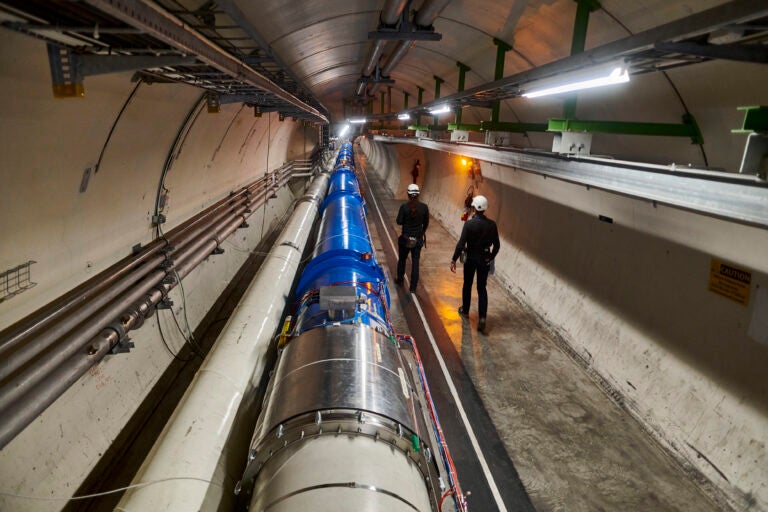The University of Calgary announced Friday that it had found several meteorite fragments that apparently came from a November 20 meteor that broke up over western Canada. University of Calgary planetary scientist Alan Hildebrand and graduate student Ellen Milley said they had located the fragments late Thursday.
Scientists believe the meteor exploded in the air, spreading meteorites over a 7.7-square-mile (20 square kilometers) area near the city of Lloydminster, Alberta. Researchers believe the object that exploded was a 10-ton fragment that originally came from an asteroid. It’s possible that thousands of meteorites may have fallen over the area.
Friday afternoon, the two led a group of reporters to the site — a region called Buzzard Coulee, about 25 miles (40 km) from Lloydminster. There, close to a frozen pond, the travelers saw numerous small rocks and pebbles that the scientists said were from the meteorite. The group saw no large chunks, however.
Thousands of people from Edmonton, Alberta, to Edgeley, Saskatchewan, saw the fireball November 20. Hundreds called police stations to report the incident, and a now-famous video captured the brilliant event. In addition to the brilliance, many people observed various colors — red, green, white, and blue — as the meteor descended.
Most onlookers would have spotted the blazing fireball when it was between 18 and 36 miles (30 and 60 km) up. Several residents of Lloydminster, however, reported they heard the fireball pass by much closer.
Astronomers define a meteor as a particle of solar system debris that enters Earth’s atmosphere and glows due to friction. When the particle is in space, it is a meteoroid. If any pieces of the meteor reach Earth’s surface, they are meteorites.

